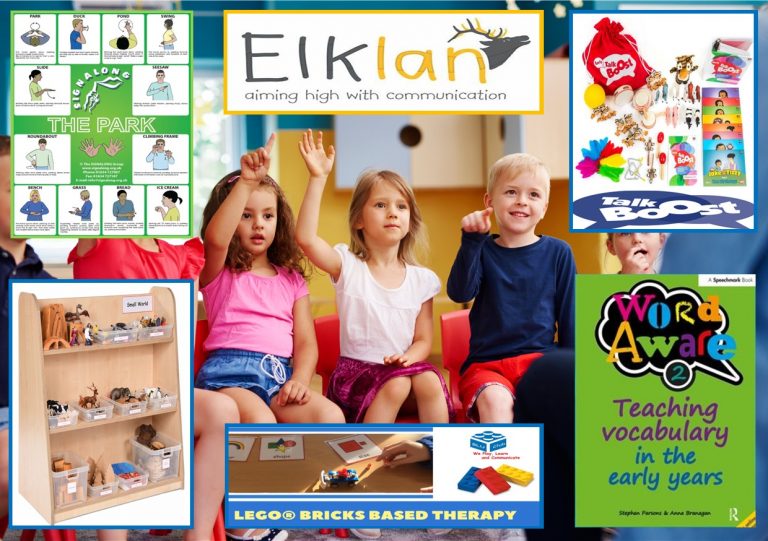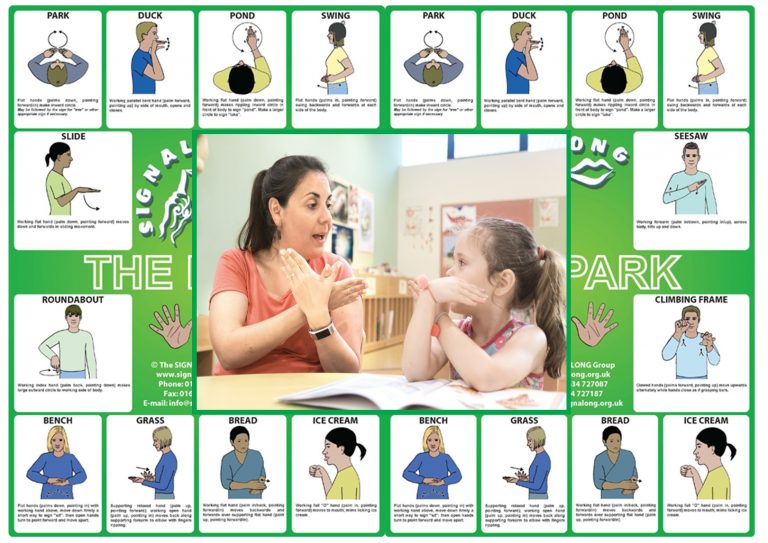Why was the project needed?
When early years children returned to their school or setting after the national lockdowns, assessments highlighted an increased level of speech, language and communication need. As a result, the Norwich Opportunity Area (NOA) chose to establish the Early Years Covid-19 Recovery Grant Fund to allow schools and settings to apply for additional funding to support this cohort of children effectively. Our aim was that this funding would support children to meet their Early Learning Goals (ELGs) for Communication and Language and support early years transition.
What happened and what was the impact?
There was no initial limit put on the amount of funding that could be requested in order to allow for ‘bigger thinking’. Schools and settings were encouraged to submit applications that took account of sustainability and evidence-based approaches, therefore many schools and settings opted to apply for funding to support new interventions, quality resources and/or additional continuing professional development (CPD).
Applications were then reviewed by the NOA team with support from Early Years Advisors and once approved, grant funding was later released. In some cases, applications were part-approved and in other cases applications were initially denied and applicants were invited to re-submit.
Following two rounds of funding, 14 applications were received which provided £63,336 of funding to 15 schools and 2 early years settings. Requests for funding centred around the purchase of:
- Voice 21 Oracy Training
- Signalong Training
- Early Talk Boost Training & Intervention Pack
- Elklan Training
- Attention Autism Training
- Lego Therapy
- Small World resources
- Other learning resources for the classroom
- Resources to improve the indoor/outdoor communication environment
- Staff time to deliver additional intervention
- Staff time to run parent café’s
- Speech and Language Therapy (SLT) consultancy hours
After 2 academic terms, each school and setting that requested funding of more than £500, was asked to submit an end of project report. Schools and settings that requested more than £10,000 were also asked to provide an interim report to capture progress and impact data.
The impact of this grant funding is difficult to measure collectively due to the wide range of projects undertaken. However, the interim and end of project reports do highlight improvements in settings speech and language culture, provision and assessment.
What did and didn't work?
Did work:
By not setting a financial limit on the funding requests, schools and settings were encouraged to ‘think bigger’. The NOA were pleased to see some partnership applications submitted by schools that were in the same Academy Trust and overall, we were pleased to see a diverse range of requests made. This was particularly
important to us as we know that there is not a ‘one size fits all’ approach to supporting children’s speech and language needs.
Did not work:
During the middle of this project, England imposed their third national lockdown which resulted in many schools and settings being unable to meet their planned project timescales. In some instances, schools and settings had to reschedule planned training and for two schools who had requested funding for additional teaching assistant (TA) hours, these hours had to be rolled over to the next term in an agreed one term extension. The third national lockdown also had implications on schools and settings plans to embed new approaches, cascade training and capture impact data.
How did you measure success?
At the application stage, each school and setting were required to submit their own success criteria in the form of ‘expected project outcomes’. These expected outcomes, alongside expected outputs, were then written into a monitoring document, which schools and settings used when completing their interim and end of project reports.
Naturally, those projects that were deemed successful were those that met or exceeded their own success criteria or realised new positive outcomes that were not initially predicted.



If you've got any thoughts and ideas of how this approach could be improved or an positive impact it's had for you, add them below
Login or register now to post any comments